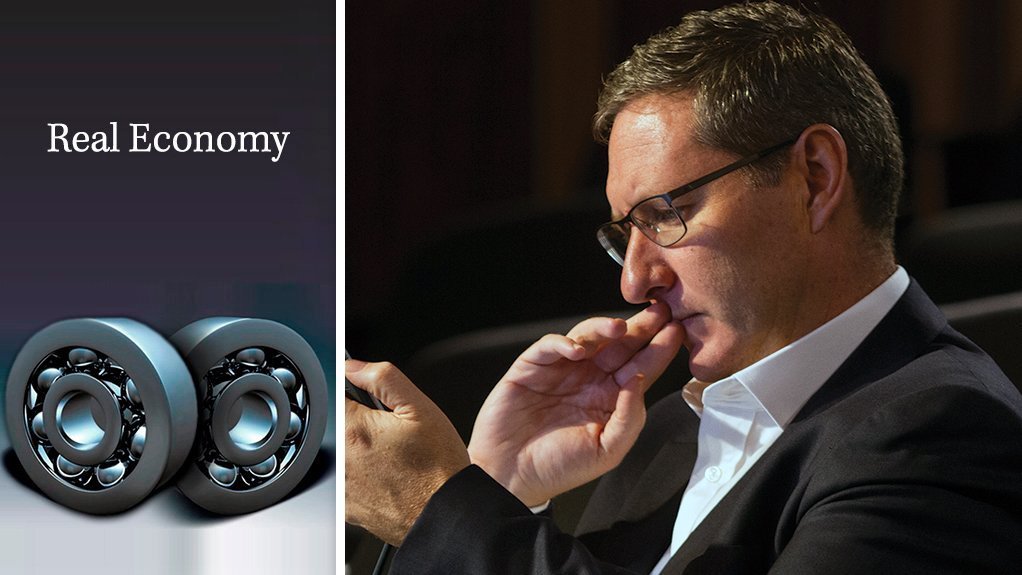Asked during a recent interview with Wired magazine what technologies would have the most impact during the next five to ten years, former US Vice President, climate campaigner and technology investment advocate Al Gore had the following to say: “We focus too much on individual technologies, and don’t look at the ecosystem of new technologies . . . My view is that a suite of technologies that sharply reduce the emissions of greenhouse gases will be the most important technologies of the immediate future.”
Pressed on which technologies would sharply reduce carbon emissions, Gore elaborated: “The success stories are to be found in the revolution in electricity. First, we have a huge trend toward the electrification of most things. The sun and the wind now produce electricity more cheaply in most geographies than the burning of fossil fuels. Secondly, we are seeing huge cost reductions in energy storage – principally batteries, but other technologies as well – which complement the alternative generation of electricity. Finally, you have the electrification of transportation: every automobile manufacturer in the world is moving as quickly as they can to electricity.”
Gore’s analysis finds strong resonance in recent research undertaken by the International Renewable Energy Agency. In its latest ‘Global Energy Transformation: A Roadmap to 2050’ report, the agency highlights that electrification, which will increasingly be sourced at low cost from renewable energy, has emerged as the key solution for reducing emissions in power generation, transport and heating. It argues further that the share of electricity in total energy use should, thus, increase to almost 50% by 2050, up from 20% today, with renewables comprising two-thirds of energy consumption and 86% of power generation.
The report states that the technology solutions already exist, are increasingly cost competitive and can also be deployed at large scale. What is required now is “systemic innovation” to enable the energy transition. “Countries need to devote more attention to enabling smarter energy systems through digitalisation, through the coupling of sectors via greater electrification, and by embracing decentralisation trends.”
The core message is that the technoeconomic tipping point for a decarbonised electricity system has already been breached. The challenge is to adopt ecosystem thinking so that the cleaner and cheaper energy being generated in the electricity sector is able to create the platform for the decarbonisation of other energy end-uses.
In South Africa, such join-up thinking will also be required to address what is clearly a fundamental lack of sustainability not only of Eskom, but also of the entire electricity supply industry. The traditional silo approach will simply not be able to move the needle from a business, social, economic, or environmental perspective. Until the sum of the energy parts work in symbiosis, the whole will be undermined.
To get there, though, energy planning can no longer be based on a series of uninformed compromises. The process has to be depoliticised to the point where rational decisions can be made and made timeously. Such decisions also need to be based on technoeconomic analysis and evidence rather than narrow self-interest.
EMAIL THIS ARTICLE SAVE THIS ARTICLE ARTICLE ENQUIRY FEEDBACK
To subscribe email subscriptions@creamermedia.co.za or click here
To advertise email advertising@creamermedia.co.za or click here











